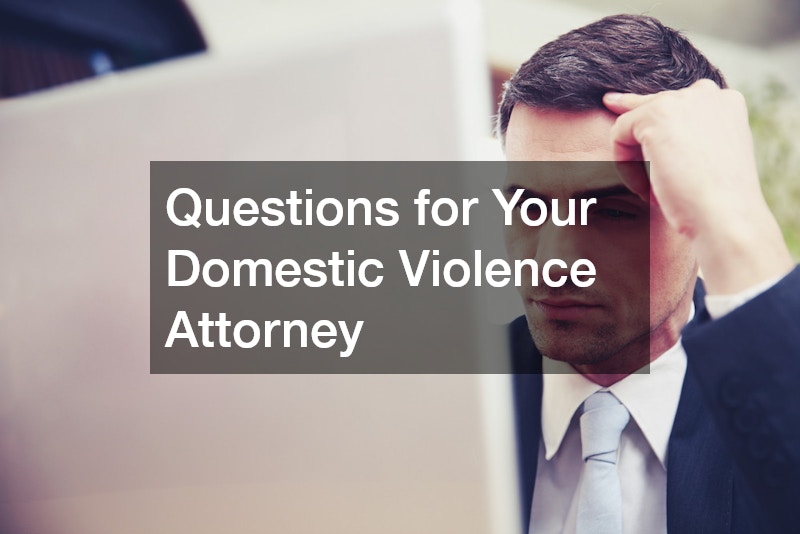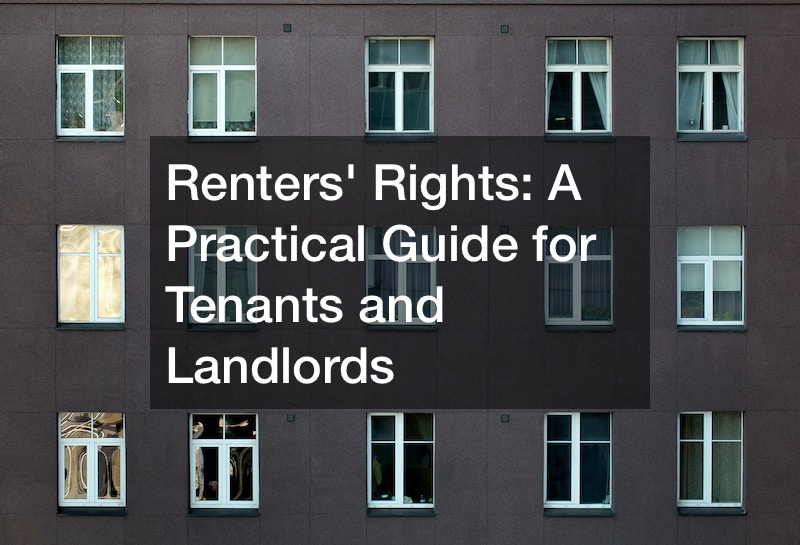If you are a victim of domestic violence or have been accused of domestic violence, navigating the legal process can feel overwhelming and emotionally charged. Hiring a domestic violence attorney is a crucial step in ensuring your rights are protected, whether you’re seeking justice as a victim or defending yourself against allegations. A knowledgeable and experienced attorney can help guide you through the complexities of domestic violence cases. To ensure that you choose the right legal representation and fully understand your situation, it’s important to ask your domestic violence attorney the right questions. Here are key questions to consider when meeting with a domestic violence attorney in Miami.
1. What Is Your Experience Handling Domestic Violence Cases?
One of the first questions to ask your attorney is about their experience with domestic violence cases.
Domestic violence law is a specialized field, and it’s essential to work with a lawyer who has extensive experience in this area. Inquire about how long they have been practicing law, how many domestic violence cases they have handled, and what types of outcomes they’ve achieved for their clients.
Follow-up questions: Do they represent both victims and defendants, or do they specialize in one area? Have they handled cases similar to yours, and how did those cases turn out?
Understanding your attorney’s level of experience will help you gauge their ability to handle your case and provide the best possible representation.
2. What Legal Options Are Available to Me?
Domestic violence cases can involve both civil and criminal proceedings. Your attorney should explain all the legal options available to you based on your situation. If you are a victim, they may advise you on filing a restraining order or seeking criminal charges against the abuser. If you are defending against domestic violence accusations, they may outline the potential defenses and legal strategies to help protect your rights.
For victims: Ask about the difference between restraining orders and protective orders. Can your attorney help you obtain a restraining order? What are the steps involved, and how long will it take to get one?
For defendants: If you’re accused of domestic violence, ask your attorney about the potential consequences, such as jail time, fines, or a permanent criminal record. What defenses might be applicable in your case, and how can you contest the charges?
3. What Can I Expect in Terms of Timeline and Process?
Domestic violence cases can vary greatly in terms of complexity and timeline. It’s important to understand what to expect regarding how long the process will take and what steps will be involved. Ask your attorney to explain the overall timeline of a domestic violence case, including any hearings, court appearances, or mediation sessions that may be required.
Victims: How quickly can you get a temporary restraining order? Will the attorney handle communication with law enforcement, and what can you expect during the investigation and potential trial?
Defendants: How long does it take to resolve domestic violence charges, and are there any ways to expedite the process? Will the case likely go to trial, or is it possible to reach a plea agreement?
Having a clear understanding of the legal process can help alleviate anxiety and ensure you are prepared for each step.
4. What Evidence Is Required to Support My Case?
Evidence is crucial in any domestic violence case. Whether you are a victim seeking protection or a defendant fighting allegations, ask your attorney what type of evidence is needed to support your case. For victims, this may include photographs of injuries, police reports, medical records, witness statements, and text messages or emails that document the abuse. For defendants, it could include alibi evidence, witness testimony, or documentation that disproves the allegations.
Victims: What should you do if you don’t have physical evidence of abuse? Can emotional or psychological abuse be proven in court, and what kind of documentation is needed?
Defendants: How can you challenge the credibility of the evidence presented against you? What steps should you take to gather evidence that supports your defense?
Understanding the types of evidence that are essential for your case can help you gather and present the strongest possible argument.
5. What Are the Potential Outcomes of My Case?
Knowing the potential outcomes of your case is critical for managing expectations. Domestic violence cases can have a wide range of results, from the issuance of restraining orders to criminal penalties like probation, jail time, or mandatory counseling.
Victims: Ask your attorney about the possible protections available to you, such as temporary and permanent restraining orders. What happens if the abuser violates a restraining order, and how will your attorney help you enforce it?
Defendants: Inquire about the potential penalties if you are convicted. Will a domestic violence conviction affect your ability to find employment, possess firearms, or see your children? What are the chances of having the charges reduced or dismissed?
Understanding the possible legal consequences of your case will help you make informed decisions as the case progresses.
6. How Will You Communicate with Me Throughout the Case?
Clear communication with your attorney is crucial during a domestic violence case. You need to feel confident that your attorney will keep you informed about the status of your case, any upcoming court dates, and any decisions that need to be made.
Ask how frequently you can expect updates from your attorney and through which methods (email, phone calls, in-person meetings). Will they be available for questions as they arise, or should you expect to communicate primarily through their support staff?
Ensuring strong communication with your attorney will help build trust and keep you informed throughout the legal process.
7. What Are Your Fees and Billing Practices?
It’s important to discuss legal fees upfront to avoid any surprises later. Ask your attorney to explain their billing structure, including whether they charge a flat fee, hourly rate, or contingency fee. For victims seeking protection orders, some attorneys may offer pro bono (free) services, so it’s worth asking if this is an option.
Additional questions: What services are included in the fee? Will there be any additional costs, such as court fees or investigator fees? What happens if the case takes longer than expected—will there be extra charges?.



